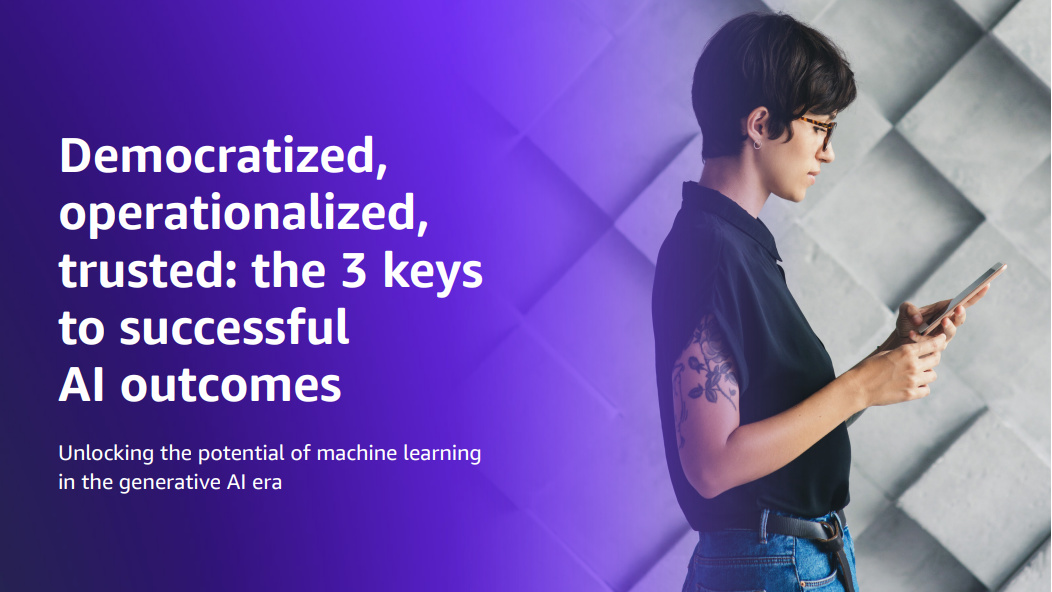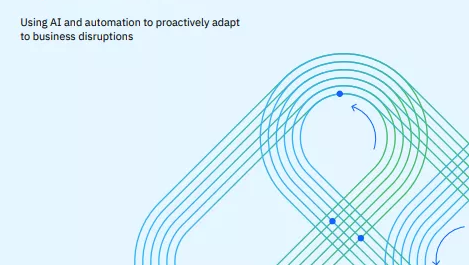Facebook to make sweeping changes to how it pays tax
The changes receive a cautious welcome from the EU


In a bid to appease governments and regulators, Facebook no longer plans to send its international advertising revenue to its headquarters in Ireland, instead paying taxes for the countries in which it operates.
The social media giant will use a "local selling structure" in countries where it has an office to support sales to local advertisers.
"[This] will provide more transparency to governments and policy makers around the world who have called for greater visibility over the revenue associated with locally supported sales in their countries," wrote Dave Wehner, Facebook's CFO.
Facebook expects to make the change in countries where it has a local office, although Wehner added that "each country is unique".
"This is a large undertaking that will require significant resources to implement around the world," added Wehner. "We will roll out new systems and invoicing as quickly as possible to ensure a seamless transition to our new structure. We plan to implement this change throughout 2018, with the goal of completing all offices by the first half of 2019."
A European Commission spokesperson told IT Pro: "We note with interest Facebook's announcement. While we welcome any initiative that brings declared tax revenue closer to where value is created, we would need to look carefully at the details before we can comment specifically on this case.
"However, what is certain is that our taxation agenda is having a real impact. The Commission will continue its work in 2018, notably with proposals to ensure a fair and effective taxation of the digital economy."
Get the ITPro daily newsletter
Sign up today and you will receive a free copy of our Future Focus 2025 report - the leading guidance on AI, cybersecurity and other IT challenges as per 700+ senior executives
The move comes after the European Commission forced Ireland to start collecting 13 billion in unpaid taxes from Apple earlier this month, a year after it originally ordered the government to do so. Ireland has now opened an account for Apple to deposit the money in, though both it and Apple have appeals against the decision.
The EC found that Ireland handed Apple tax benefits that amounted to illegal state aid for 24 years, allowing the tech giant to pay an effective corporate tax rate of 0.005% in 2014.
The Irish Department of Finance said it would be inappropriate to comment on Facebook's decision, but a spokesperson said: "Ireland continues to take an active role in global work to reform the international corporate tax system."
They added that Ireland has committed to the BEPS process, a project implemented by the G20 in 2012 to tackle tax avoidance, and Ireland is playing its full part in implementation.
The 'Review of Ireland's Corporation Tax Code', was published in September, and includes considerations of what the country needs to do to become fully compliant with the OECD BEPS, said the spokesperson. Furthermore, the Irish minister for finance, Paschal Donohue, launched a public consultation on the key recommendations in the Review on Budget Day.
"In relation to the sustainability of corporation tax receipts, the 'Review of Ireland's Corporation Tax Code' states that the level-shift seen since 2015 can be expected to be sustainable over the medium term to 2020," the spokesperson added.
The UK government announced last month it would apply its "Google Tax" on internet companies' royalties made to subsidiaries in low-tax countries.
"Multinational digital businesses pay billions of pounds in royalties to jurisdictions where they are not taxed. And some of these royalties relate to UK sales," said chancellor Philip Hammond.
"So, from April 2019, and in accordance with our international obligations, we will apply income tax to royalties relating to UK sales, when those royalties are paid to a low-tax jurisdiction."
Zach Marzouk is a former ITPro, CloudPro, and ChannelPro staff writer, covering topics like security, privacy, worker rights, and startups, primarily in the Asia Pacific and the US regions. Zach joined ITPro in 2017 where he was introduced to the world of B2B technology as a junior staff writer, before he returned to Argentina in 2018, working in communications and as a copywriter. In 2021, he made his way back to ITPro as a staff writer during the pandemic, before joining the world of freelance in 2022.
-
 Should AI PCs be part of your next hardware refresh?
Should AI PCs be part of your next hardware refresh?AI PCs are fast becoming a business staple and a surefire way to future-proof your business
By Bobby Hellard
-
 Westcon-Comstor and Vectra AI launch brace of new channel initiatives
Westcon-Comstor and Vectra AI launch brace of new channel initiativesNews Westcon-Comstor and Vectra AI have announced the launch of two new channel growth initiatives focused on the managed security service provider (MSSP) space and AWS Marketplace.
By Daniel Todd
-
 Achieving business outcomes with generative AI
Achieving business outcomes with generative AIWebinar Take your hybrid cloud journey to the next level with generative AI
By ITPro
-
 The three keys to successful AI and ML outcomes
The three keys to successful AI and ML outcomesWhitepaper Unlocking the potential of machine learning in the generative AI era
By ITPro
-
 Clarity of AI implementation is a primary concern for UK employees
Clarity of AI implementation is a primary concern for UK employeesNew research finds workers are enthusiastic about implementing AI but are in the dark over how it will happen
By Solomon Klappholz
-
 Operational efficiency and customer experience: Insights and intelligence for your IT strategy
Operational efficiency and customer experience: Insights and intelligence for your IT strategyWhitepaper Insights from IT leaders on processes and technology, with a focus on customer experience, operational efficiency, and digital transformation
By ITPro
-
 The four pillars of excellence for technology leaders
The four pillars of excellence for technology leaderswhitepaper Download this CIOs business case for integration and automation
By ITPro
-
 Sustainability at scale, accelerated by data
Sustainability at scale, accelerated by dataWhitepaper A methodical approach to ESG data management and reporting helps GPT blaze a trail in sustainability
By ITPro
-
 Bing and Edge AI hits open preview, with chat history and multimodal promise
Bing and Edge AI hits open preview, with chat history and multimodal promiseNews Bing and Edge have been given a visual boost, and will now support third-party integration
By Rory Bathgate
-
 How to help IT manage itself with autonomous operations
How to help IT manage itself with autonomous operationsWhitepaper Using AI and automation to proactively adapt to business disruptions
By ITPro